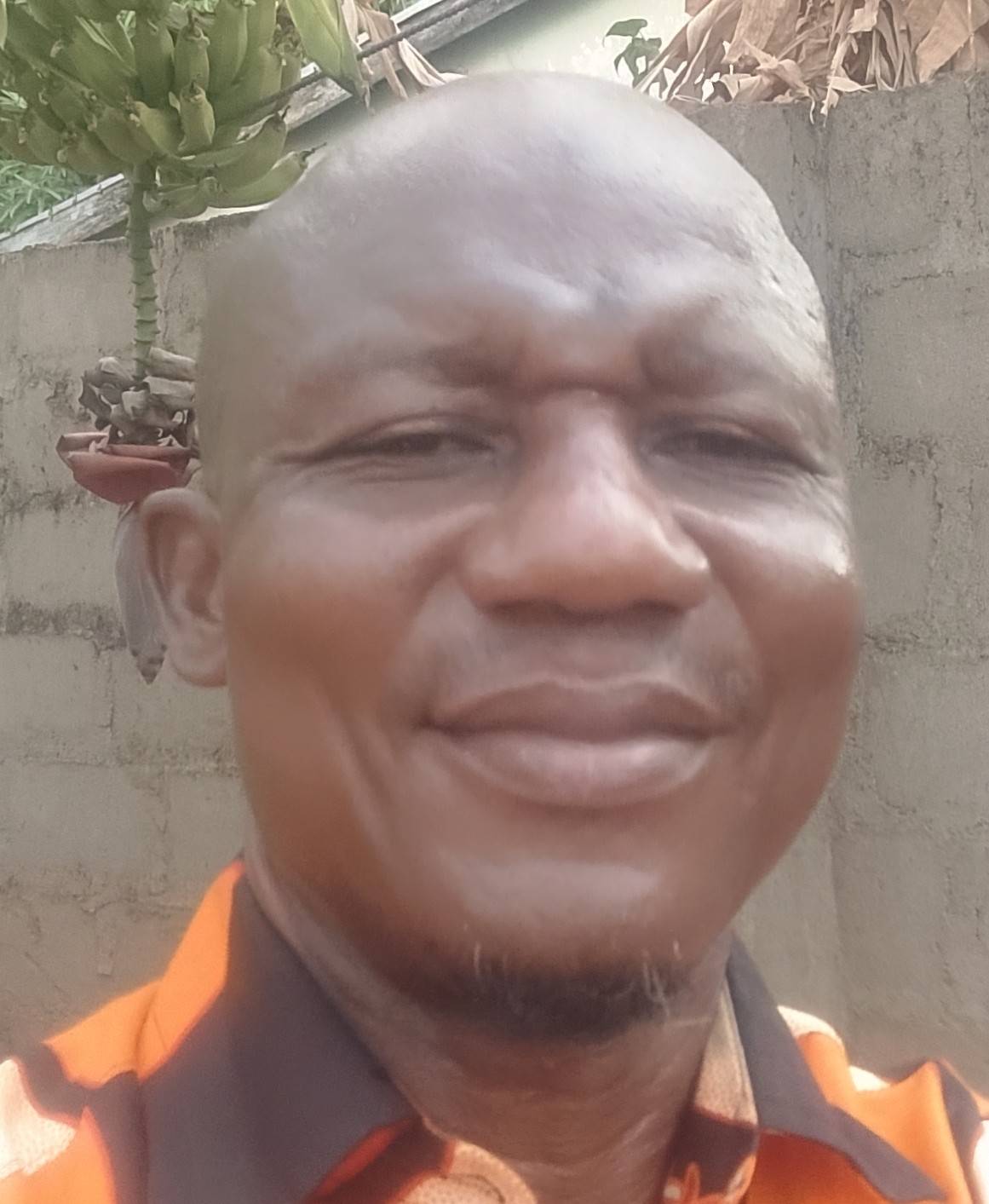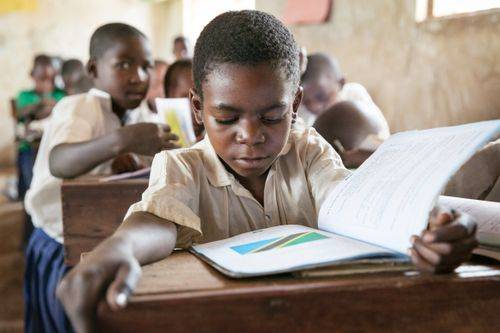*Enhancing Education in Ghana: Challenges, Reforms, and Suggestions*
Ghana is a West African country that has been earnestly working towards developing its education system. The government has instituted various reforms aimed at transforming teaching and learning, as well as improving the quality of education. Despite these efforts, challenges persist, and it is essential to consider the current situation of education in Ghana, the reforms instituted, and suggestions for future improvement.
*Current State of Education in Ghana*
The education system in Ghana has three prominent levels: basic education, secondary education, and tertiary education. Basic education, which includes primary and junior high school, is compulsory for every child. Regardless of this, the education system is faced with numerous challenges, including poor infrastructure in schools, overcrowding, and a shortage of qualified educators and learning resources.
Ghana has recorded significant gains in access to education, as noted in a report by the Ghana Education Service, where it had a 90.4% net enrollment rate in 2020. The quality of education is not up to standard, though, since most schools lack adequate facilities like classrooms, toilets, and libraries.
*Reforms Underway*
The government of Ghana has introduced a series of reforms aimed at improving the quality of education. Among them is the introduction of Professional Learning Communities (PLCs), where teachers gather to learn from one another, learn new education policies, and teaching and learning strategies.
The government has also introduced a new curriculum, the Standards-Based Curriculum, that aims for quality education through skills and competency acquisition rather than knowledge acquisition alone. The government has also initiated the Free Senior High School (SHS) policy, whereby free education is provided to all students in senior high school.
*Challenges
Even with these reforms, there are challenges. The primary challenge is the underfunding of the education sector. The government has committed a lot of the national budget to the education sector, but the sector continues to have funding challenges.
One problem is the lack of trained instructors. The majority of teachers in Ghana are untrained and not qualified, and this affects the quality of instruction. In addition, the educational system is not always learning-conducive because schools are filled to capacity, facilities are in poor condition, and resources are lacking.
*Recommendations*
To tackle these issues, some proposals can be made. Firstly, the government needs to enhance funding in the education sector to overcome the underfunding limitations. This is possible by having a greater percentage of the national budget allocated to education.
Second, the government must put more emphasis on teacher training and development. This can be achieved by providing incentives to teachers to pursue further education and training, and by implementing programs that would attract and retain quality teachers.
Third, the government must address the issue of inadequate infrastructure. This can be achieved by investing in constructing new schools and refurbishing the existing ones.
Finally, the government must focus on equity and inclusiveness in education. This can be achieved through the policies and programs aimed at benefiting disadvantaged groups such as girls and the disabled.
*Conclusion*
Better education in Ghana requires a composite approach that addresses the problems plaguing the sector. The government's reforms, such as the introduction of PLCs and the new curriculum, are steps in the right direction. But more needs to be done to address the inadequate funding, shortage of qualified teachers, and substandard infrastructure. By prioritizing education and implementing policies and programs to support disadvantaged groups, Ghana can improve the quality of education and achieve its development goals.
*References*
[1] Ghana Education Service. (2020). Education Sector Performance Report.
[2] Ministry of Education. (2020). Education Strategic Plan (2018-2030).
[3] UNICEF. (2020). Ghana Education Sector Analysis.
[4] World Bank. (2020). Ghana Overview.




No comments yet
Be the first to share your thoughts!